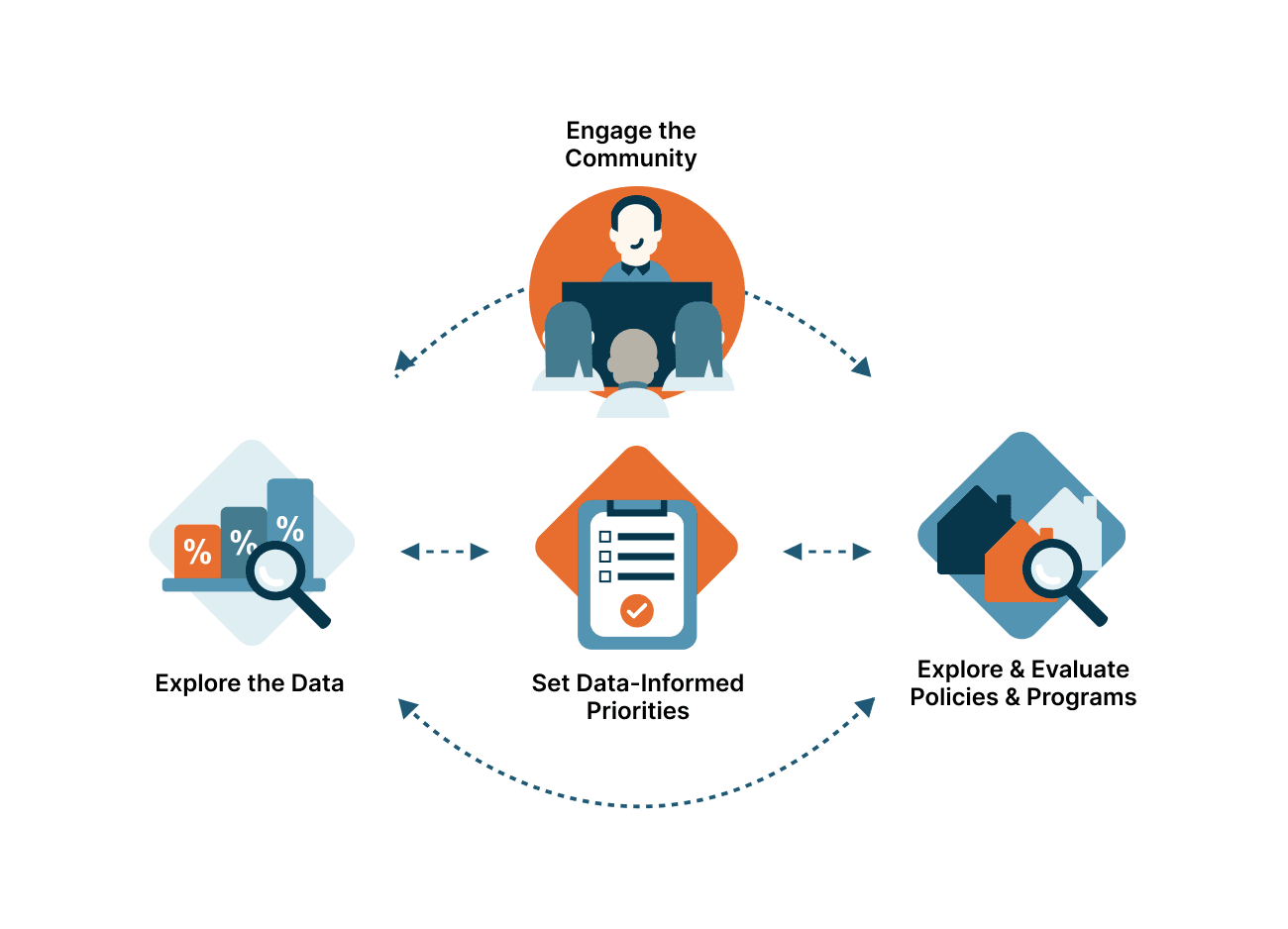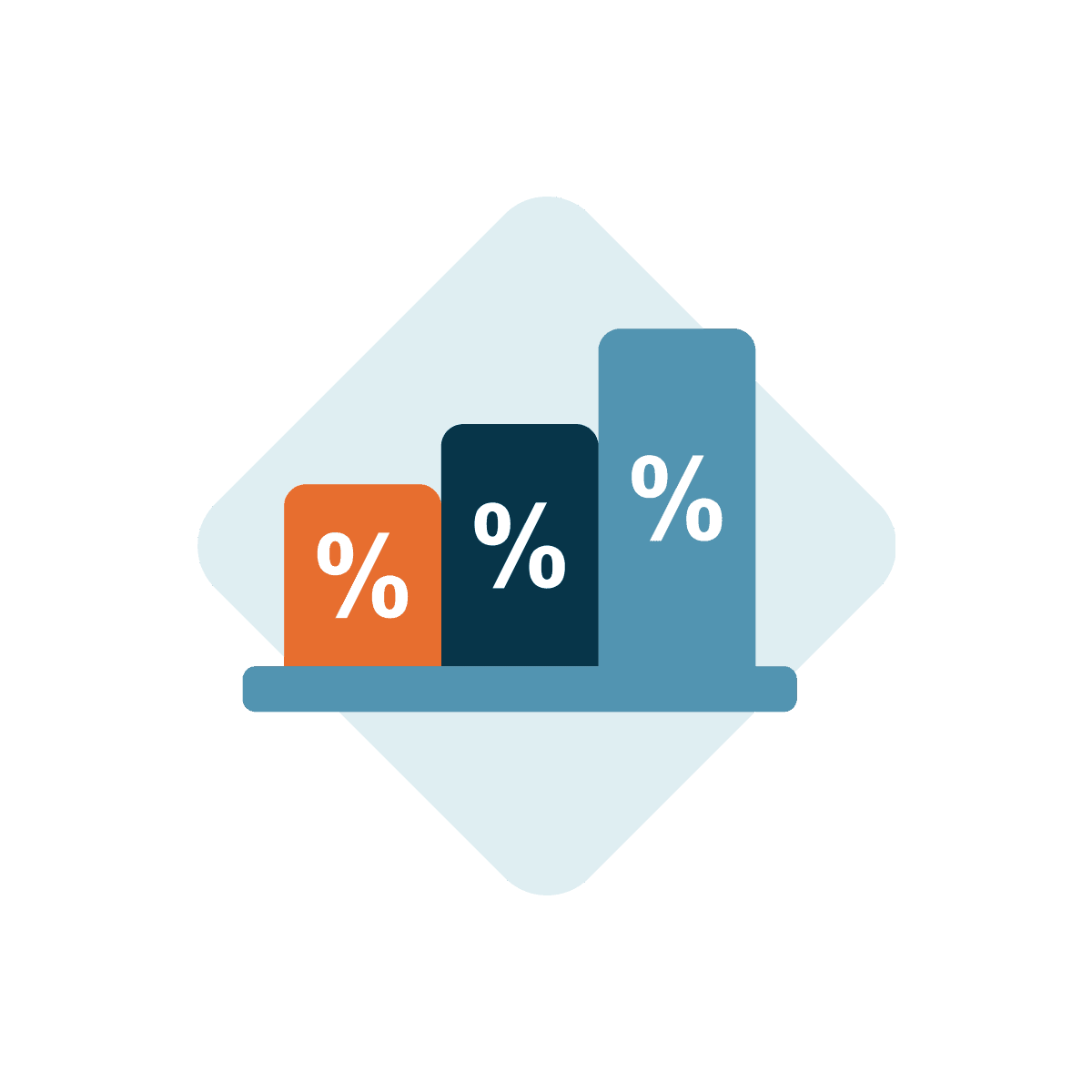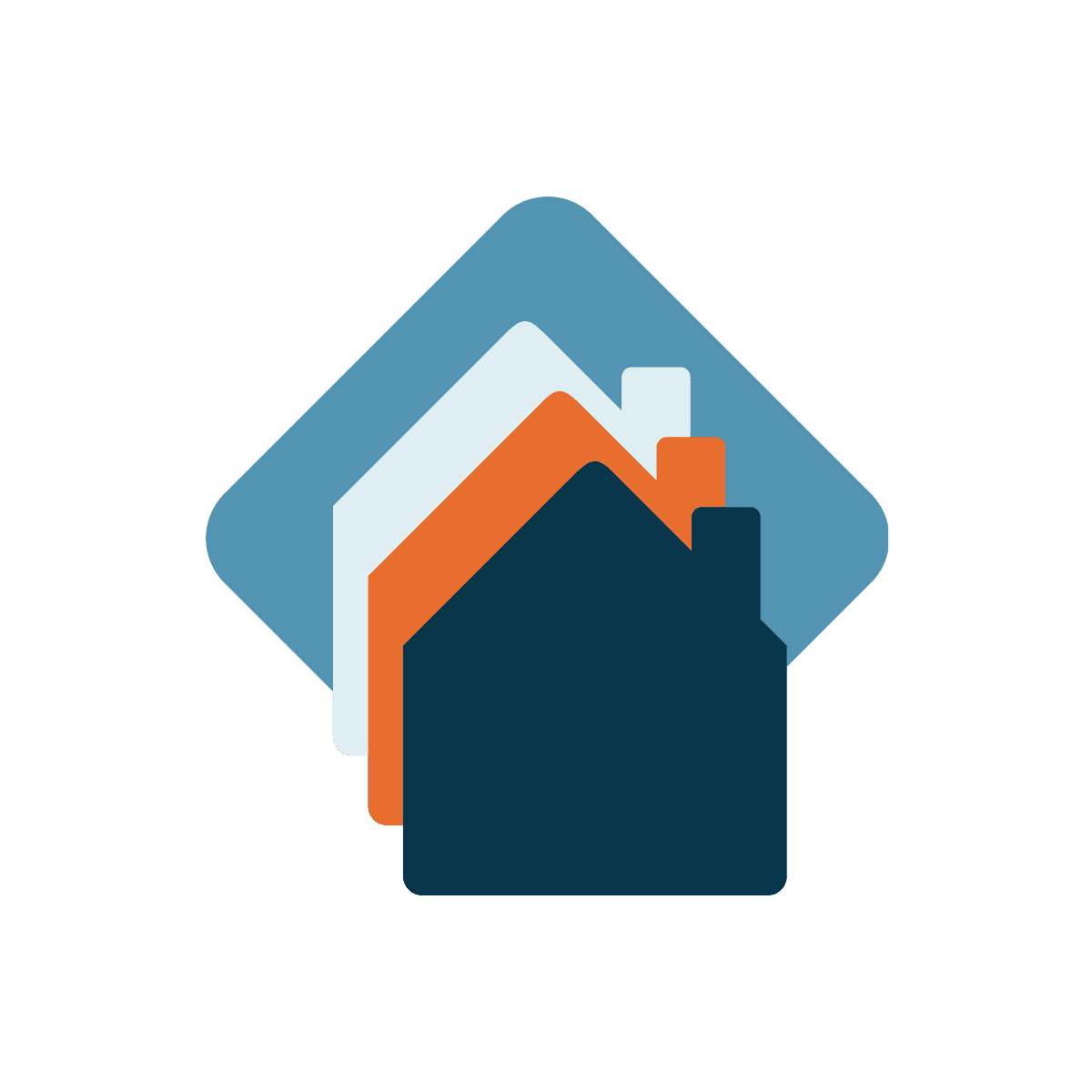Planning for Housing
Planning for housing affordability in your community is a process that involves the coordination and input of numerous stakeholder groups including local housing and economic development local government employees, elected officials, real estate professionals, service providers, housing advocates and the broader community. The process starts with an assessment of your community’s current and future housing needs, using both data analysis and public engagement. As clear housing needs emerge, your community can prioritize goals and explore policies and programs to achieve them.
Planning for housing will look a little different in every community based on the issues that emerge and the priorities in the community. In most cases, the process proves to be iterative with the need to revisit the data and engage the community and key stakeholders at multiple points throughout the process.











